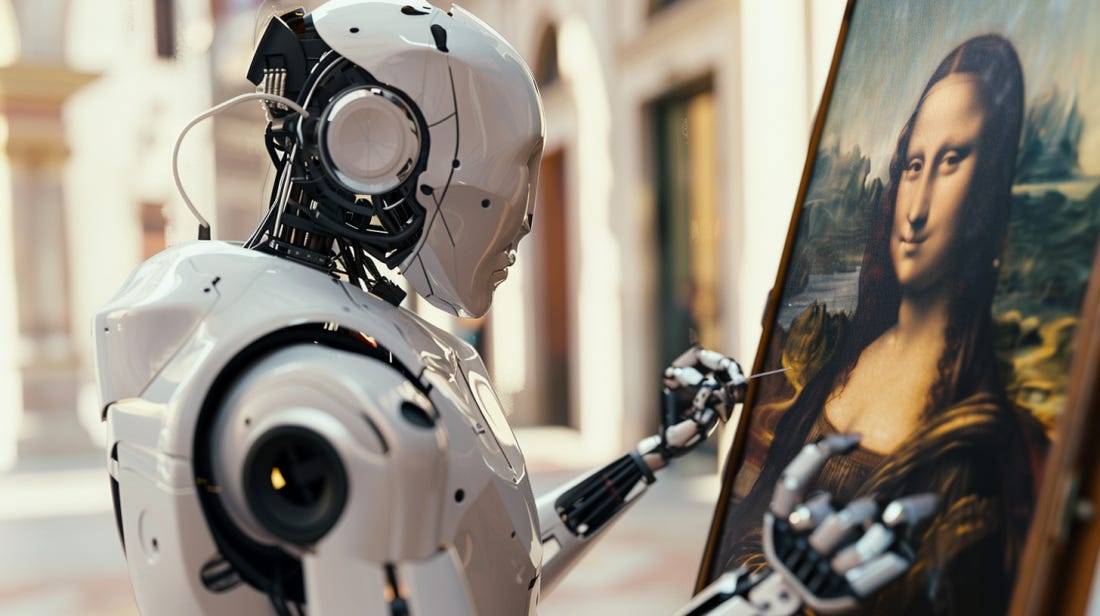All of the AI blar-de-blar this week was rotating around OpenAI’s Sora and Tyler Perry’s decision not to build an $800 million studio. The director wrote:
“I no longer would have to travel to locations. If I wanted to be in the snow in Colorado, it’s text…If I wanted to have two people in the living room in the mountains, I don’t have to build a set in the mountains…I just used AI in two films that are going to be announced soon. That kept me out of makeup for hours…”
What Perry is talking about, quite simply, is the reduction in the need for physical or practical special effects. Given that this has been the case for at least a decade now, his decision and comments aren’t particularly jarring, except for the folks who used to hammer sets together and brew coffee for Bradley Cooper.
But to answer the question in the headline, I think Perry’s comments are important in that they have enabled the director to do more with less. Just as the garage band fell away to the bedroom knob twiddlers which, in turn gave us a renaissance in music, particularly EDM, being able to tell GenAI to draw Jennifer Lawrence as a robot is pretty compelling for a solo filmmaker. Check this out, for example, by my friend Ali Powell. He is basically filming entire movie trailers using a few lines of text. He is currently working with directors on a horror movie about seals (???) invading New England. He has totally pivoted to AI-assisted content, and he will be wildly successful.
But again we come back to the real problem: when Ali can “film” a trailer by himself in his bedroom, where are the set dressers, the costumers, the sound recordists, the craft services, the studio security guards? They’re out of a job. The creative class didn’t care when steelworkers lost their jobs over the last five decades; now they’re facing the same potential destruction, and they won’t go down quietly.
AI supercharges creativity, just as a typewriter supercharged Stephen King and a video camera supercharged Spike Jonze. It supercharges creativity like the electric guitar did for Jimmy Page, the way computer animation supercharged Brad Bird, and the way the printing press supercharged Europe.
But Stephen King buying a Selectric or Page buying a Fender didn’t put three hundred people out of work.
That’s the real problem here, then. When the world sees magic they fire the muggles and hope that more wizards will appear. They rarely do. What you have to do with magic is spread it around, give it to everyone, and make sure the humans are still in the loop. We’re going to blow up journalism because we think GenAI is the future. We’re going to blast a hole in moviemaking because we think GenAI is magic. And we’re going to ruin the best thing about us all — our ability to work together to create beauty — because we think GenAI can run itself.
So yeah, AI doesn’t kill creativity. But it does kill the environments, the people, and situations in which creativity thrives. And that, in the end, is its greatest crime.
Today is your LAST CHANCE to take advantage of our early-bird discount on our AI classes for media, PR, and marketing pros. Our AI Bootstrapping course normally costs $750, but the discount code MARCHBIRD wills save you $300. Use the same code for the $80 Beginning AI class for a $20 discount. TODAY IS THE LAST DAY, so be sure to register before the clock strikes 12 a.m. ET tonight to get those savings. Here’s that link again to start your registration.


Leave a Reply